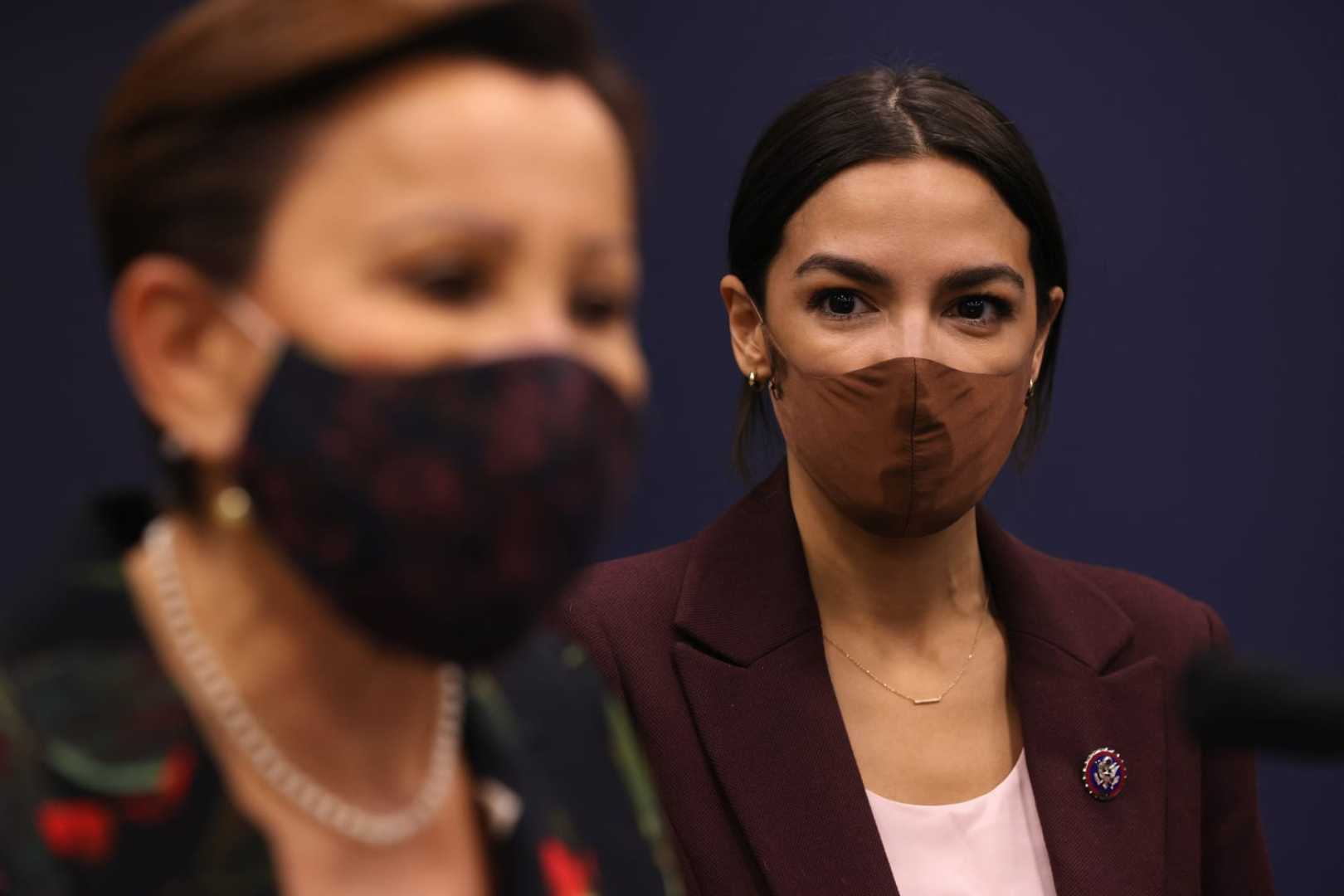Politics
Congresswoman Velázquez Criticizes Puerto Rico’s New Transparency Legislation

Washington D.C. – Congresswoman Nydia Velázquez, a prominent Puerto Rican Democrat, voiced strong opposition to a recently passed legislation in Puerto Rico that limits public access to information. The bill, approved by the Puerto Rican legislature, allows government agencies to delay information requests by citizens.
“This legislation creates additional barriers for the press and grassroots organizations in Puerto Rico and the diaspora that are dedicated to oversight,” Velázquez said. She emphasized that the only beneficiaries of this law are those who wish to obscure where public resources are being directed and how they are being invested.
The new regulations extend the delay for public information requests to 50 days. For documents under 300 pages, the turnaround time will increase from 10 to 20 days, while documents exceeding that limit can take up to 30 days. Moreover, agencies can request an additional 20-day extension.
Velázquez noted that this legislation could exacerbate existing challenges as many citizens lack access to the required resources, such as email and physical addresses, to submit information requests. She described Puerto Rico’s economic hardships, including high energy costs and a growing emigration crisis, as requiring more transparency, not less.
The Congressman expressed that sacrificing transparency undermines the best interests of citizens and contributes to corruption risks, further hindering Puerto Rico’s economic recovery. In her view, the law compromises not only local oversight but also the island’s federal data representation.
This sentiment was echoed by Pablo José Hernández, the resident commissioner in Washington, who also opposed the bill, stressing the need for transparency in times of democratic instability and governmental abuse. Hernández took to social media, stating, “Transparency becomes even more important in these times.”
The new law comes amid broader discussions of governance and transparency in Puerto Rico, drawing significant criticism from journalists and civic organizations alike. Opponents argue that restricting access to information will only serve to deepen the island’s existing challenges.












